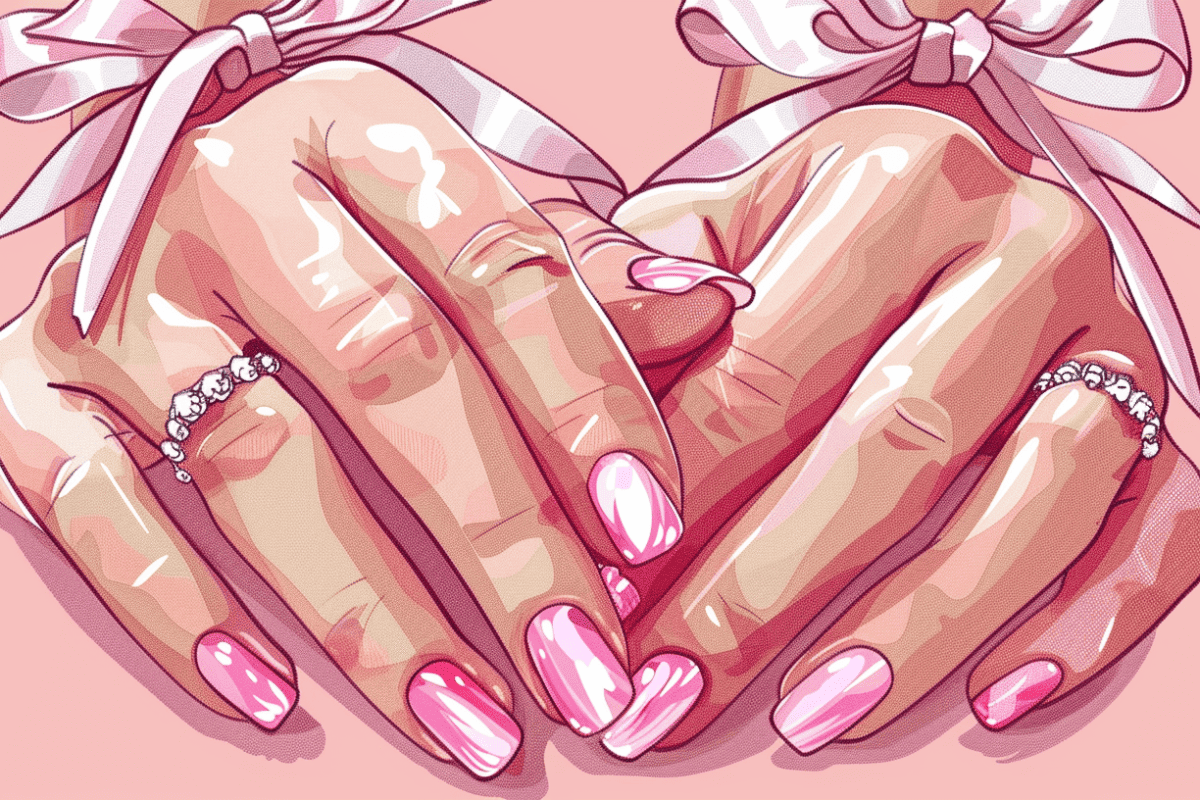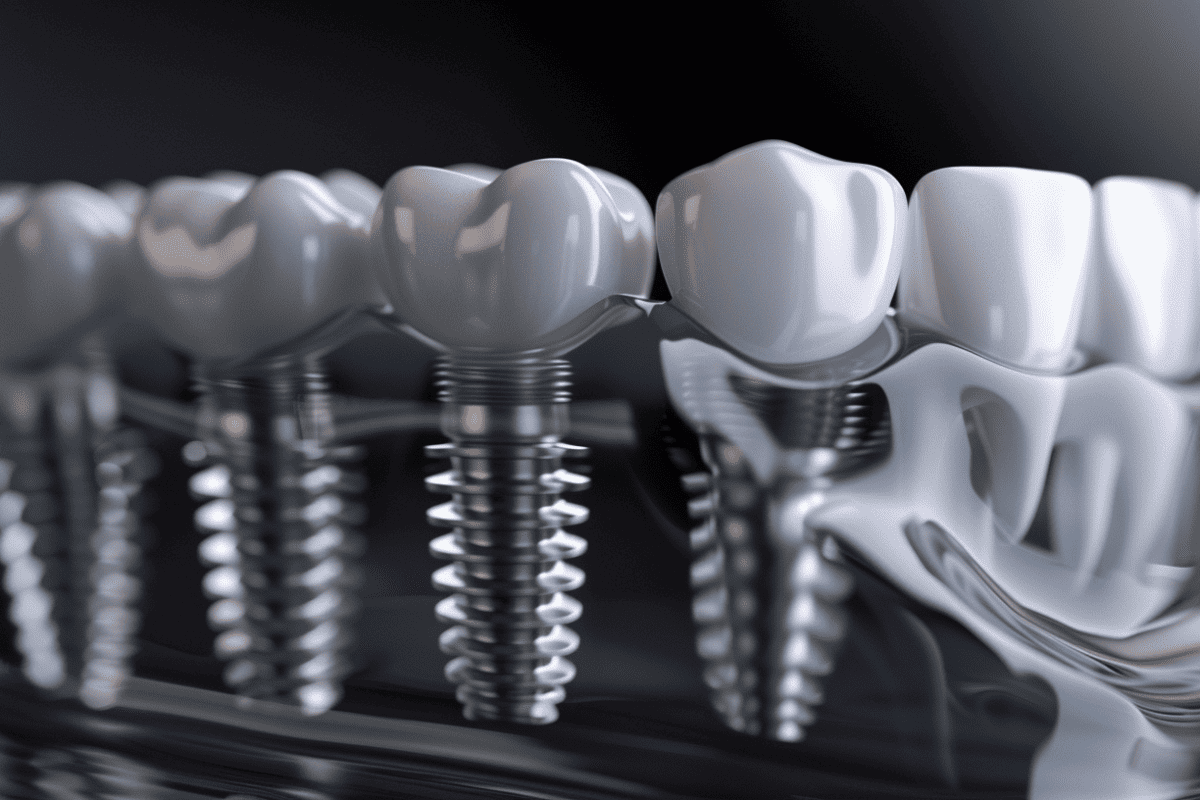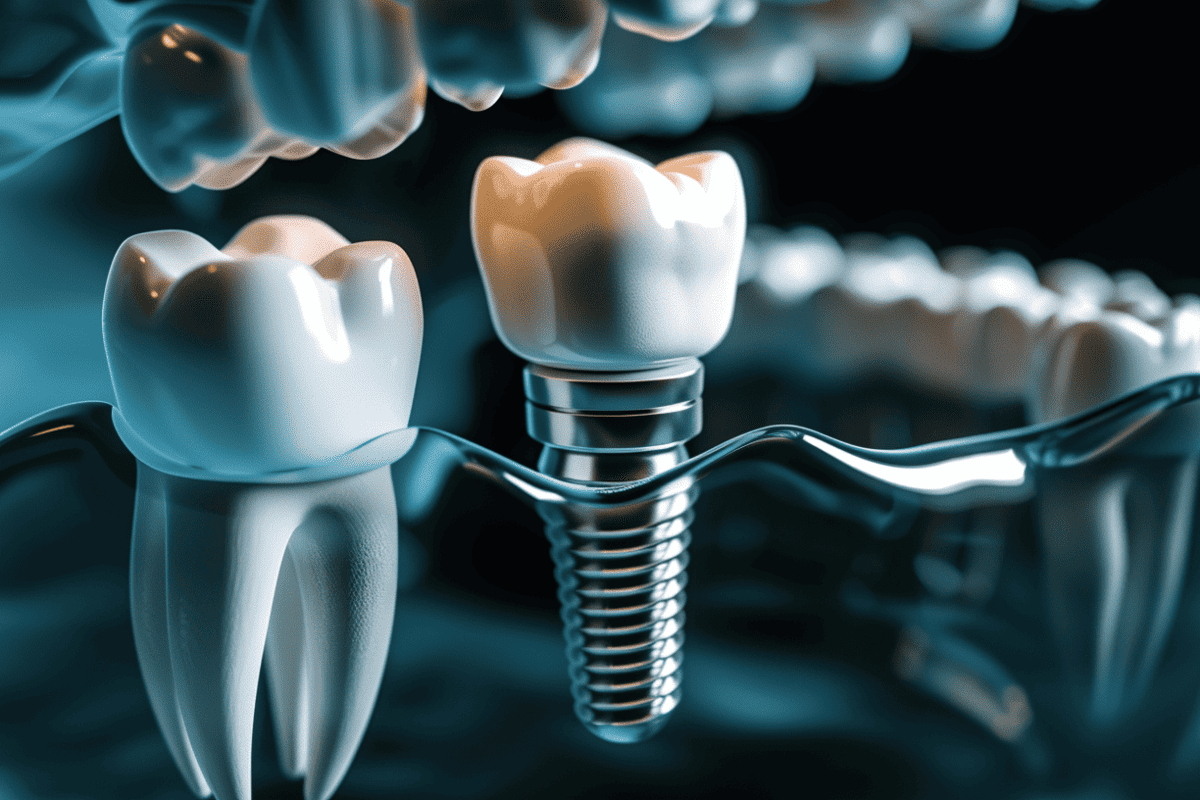It is important to realize that good dental hygiene habits are essential for healthy teeth and gums. Otherwise, you’re more likely to experience a dental emergency like toothaches, chips on your tooth, tooth loss, and abscesses.
You’ve probably experienced one of these dental emergencies at one time or another in your life, and you know how painful or uncomfortable they can be. Pain medications may relieve the pain, but you will still need to visit a dentist. Otherwise, you might not know the full extent of your emergency until it’s too late.
Learning to take good care of your teeth is the best way to avoid these emergencies.
What Is Considered a Dental Emergency?
It is crucial to determine if you need to see a dentist immediately. A dental emergency is characterized by severe pain, trauma to the facial bones, and uncontrollable bleeding. Without proper treatment, these conditions can affect the quality of your life if not treated immediately. Some of the few situations that may require emergency dental treatment include:
- Gum injuries
- Lost or damaged fillings
- Broken or chipped teeth
- Toothaches
- Broken orthodontics
- Lost or broken crowns
If you have serious dental problems, contact your dentist immediately. Head to the hospital immediately if you have severe injuries to your jaw and face, dislocations, or are experiencing shallow breathing.
How Can You Prevent a Dental Emergency?
It’s possible to keep your teeth healthy and prevent dental emergencies. A dentist in St Pete Beach offers some tips so you can avoid them:
- Monitor any changes or pain in your mouth, teeth, or gums.
You may notice some signs of dental issues becoming emergencies. Ignoring the signs and symptoms you see will only make matters worse.
Your dentist’s office should be the first place you choose to visit if you’re experiencing intermittent or severe pain. They can diagnose your problem and determine the best course of action. They may also refer you to another health professional if your emergency is something more serious.
- Practice good dental habits.
Simple acts like daily brushing and flossing are key to your dental health. Dentists say you should brush your teeth for at least two minutes, which is enough time to brush all parts of your mouth, even your tongue.
A soft-bristled or electric toothbrush are excellent tools to have in your arsenal. Some electric toothbrushes have timers, but a manual toothbrush will do just as well if they’re out of the budget. Just use your smartphone to set a timer.
- Replace your toothbrush.
You may feel that replacing your toothbrush is unnecessary if your toothbrush still looks great. However, your toothbrush is vital in keeping your teeth and gums healthy. Dentists recommend replacing your toothbrush every two to three months or when the ends become worn and frayed. A toothbrush with frayed ends won’t clean your teeth effectively.
Don’t let your dental health suffer. Keep a spare toothbrush in your bathroom or buy a new toothbrush. Remember to buy ones with soft and round bristles that fit in your mouth.
- Pay attention to what you eat.
Frequent snacking increases acid production in your mouth, which increases your risk of cavities. They are small holes in your teeth that result from acid attacks on your teeth.
You don’t have to eliminate all sugary foods from your diet; instead, eat them in controlled quantities and rinse with water afterward.
You should also avoid biting down on hard foods like candies, munching on ice, and using your teeth to open food packets. These can crack your teeth or damage dental restorations if you’re not careful.
- Regular visits to the dentist are recommended.
The American Dental Association recommends visiting a dentist at least once every six months. These visits allow them to perform routine exams and cleaning, preventing many dental emergencies like toothaches and gum disease from occurring. It also allows them to check your mouth for signs of oral cancer or other conditions that could affect your overall health.
- Use a mouthguard when playing sports.
A custom-fitted mouthguard is a must for anyone who plays contact sports. They protect your teeth against direct trauma and distribute the force of a hit evenly across your teeth and gums, which prevents teeth from breaking, cracking, or being knocked out.
You can buy mouthguards ready-made, but nothing compares to the fit of custom-made ones. Talk to your dentist if you’re interested in having one made for you.
Key Takeaway
Dental emergencies often need immediate care from a dentist or a hospital emergency room. You should never ignore them; otherwise, they may affect your quality of life. Fortunately, you can reduce your risk of experiencing them. Practicing good oral hygiene, using mouth guards, and monitoring your mouth for changes are some steps you can take to lessen your chances of having a dental emergency.
This is a sponsored post
Digital Health Buzz!
Digital Health Buzz! aims to be the destination of choice when it comes to what’s happening in the digital health world. We are not about news and views, but informative articles and thoughts to apply in your business.


